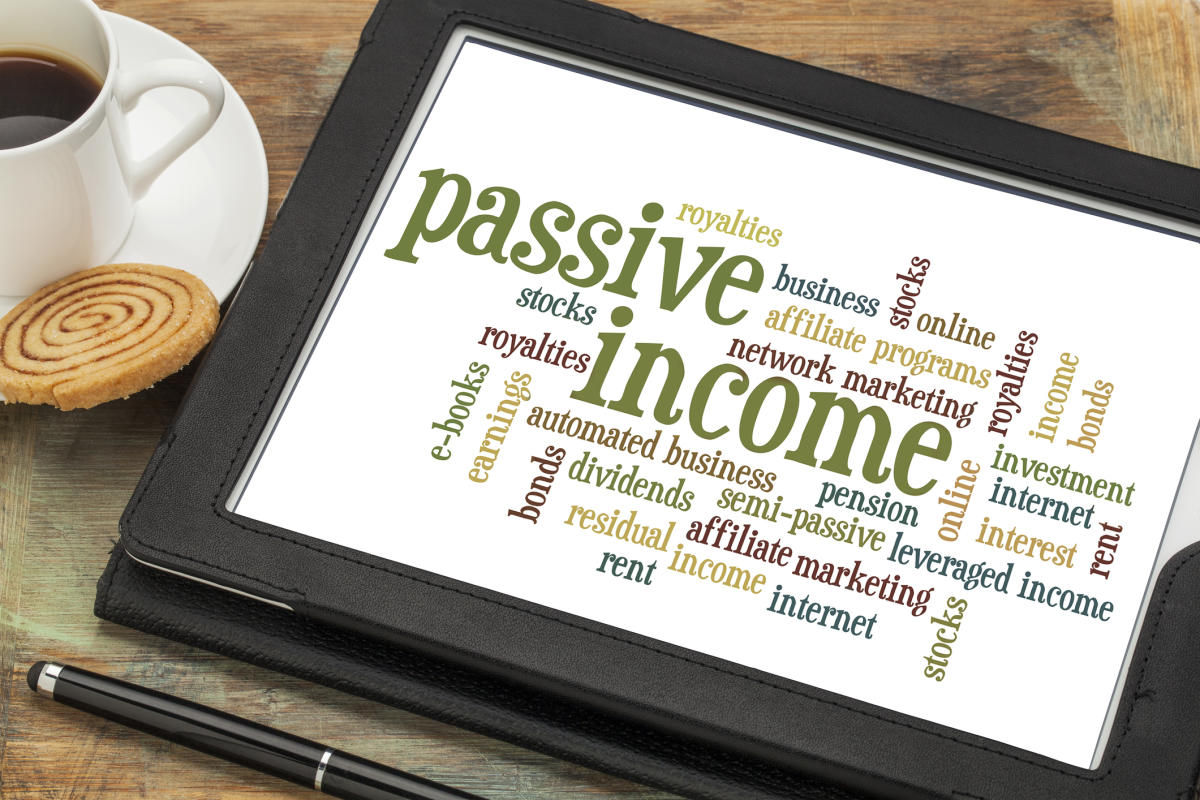The upcoming US Elections in 2024 are poised to have a significant impact on the rights and regulations surrounding millions of independent workers in the country who rely on app-based gig platforms for their livelihood. With both Democratic candidate Kamala Harris and Republican candidate Donald Trump outlining different labour priorities that will directly affect freelancers, the battle for the White House takes on added significance for this growing sector of the workforce.
In the United States, workers who find jobs through apps are predominantly treated as independent contractors, which means they have far fewer legal protections compared to traditional employees. Estimates suggest that anywhere from 5 million to 30 million workers fall into this category, highlighting the scale of the issue at hand. The gig economy has seen a significant rise in popularity, with the number of people earning income from on-demand platforms tripling between 2017 and 2021, according to a study by the University of Chicago.
The Democratic and Republican parties have taken contrasting stances on how to regulate this type of work, with Republicans generally in favor of maintaining the independent contractor model and Democrats advocating for extending employee rights to freelance workers. While Trump’s campaign has aligned itself with the independent contractor model, Harris has supported legislation in California that would have granted more rights to freelance workers. However, her campaign has also brought in advisors with ties to the gig industry, raising questions about her stance on the issue.
The gig economy, spearheaded by companies like Uber and Lyft, has revolutionized the way people work, offering flexibility but also raising concerns about worker protections and rights. The rise of artificial intelligence has further automated the management of workers on these platforms, leading to calls for greater oversight and regulation to prevent labor abuse. Under President Joe Biden, initiatives have been launched to crack down on labor abuse in the gig economy, signaling a shift towards more stringent regulations.
Labor groups and advocates are pushing for a balance between flexibility and benefits for gig workers, citing examples from states like California, New York, and Massachusetts where models combining independence with protections have been implemented. Despite challenges in organizing freelance workers into traditional unions, efforts are underway to advocate for better rights and conditions for gig workers.
As the 2024 US Elections approach, the future of the gig economy hangs in the balance, with the policies of the incoming administration likely to shape the landscape for independent workers in the years to come. Whether Trump or Harris emerges victorious, their approach to regulating the gig economy will have far-reaching implications for millions of workers across the country. The battle for the White House is not just about political ideologies but also about the livelihoods and rights of a growing segment of the workforce.













:max_bytes(150000):strip_icc()/GettyImages-2164942858-33841754021247f5a3ceb29489a33b8a.jpg?ssl=1)





